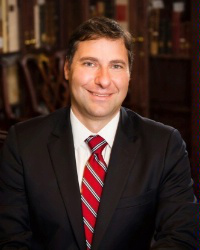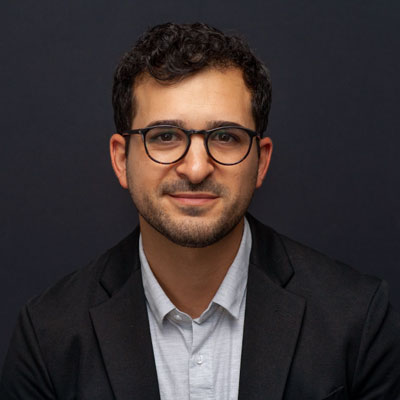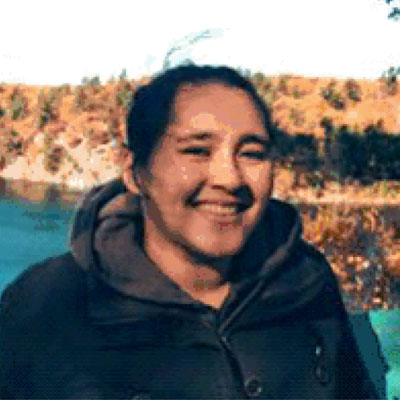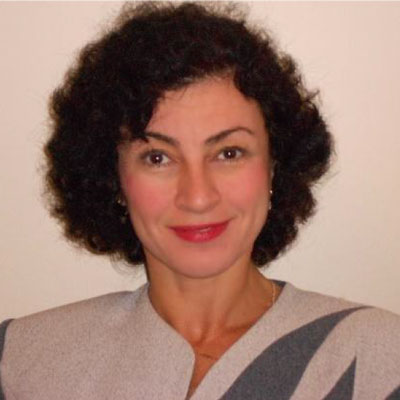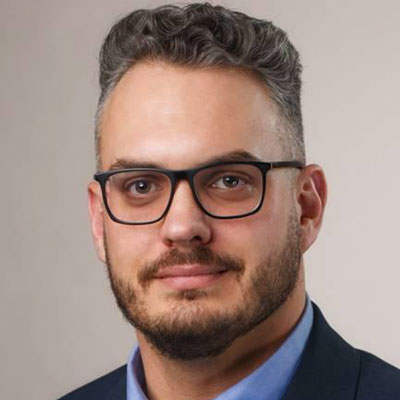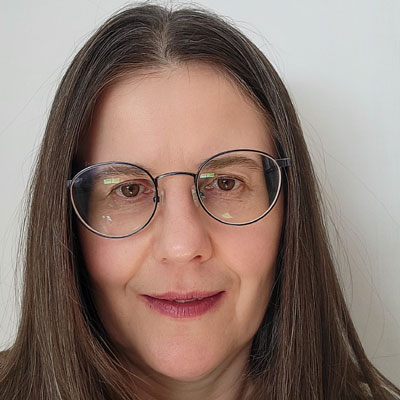Latest Past Events
Prix d’excellence en politiques scientifiques canadiennes de la CPSC 2016 – Jeune génération
Aperçu Ce prix reconnaît une jeune personne(étudiant(e), boursier/boursière de [...]
La diplomatie scientifique au 21e siècle : le potentiel de demain
le Centre de la politique scientifique canadienne (CPSC) et Institut sur [...]


